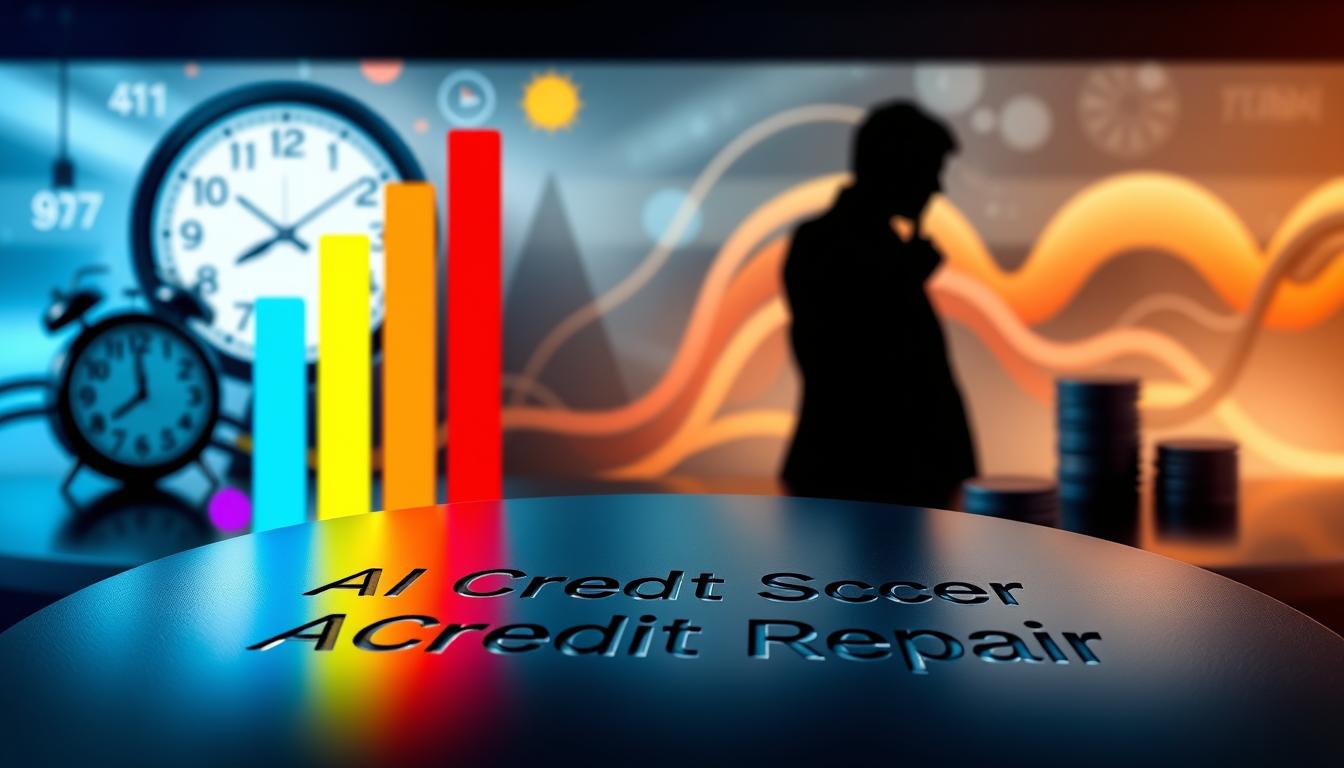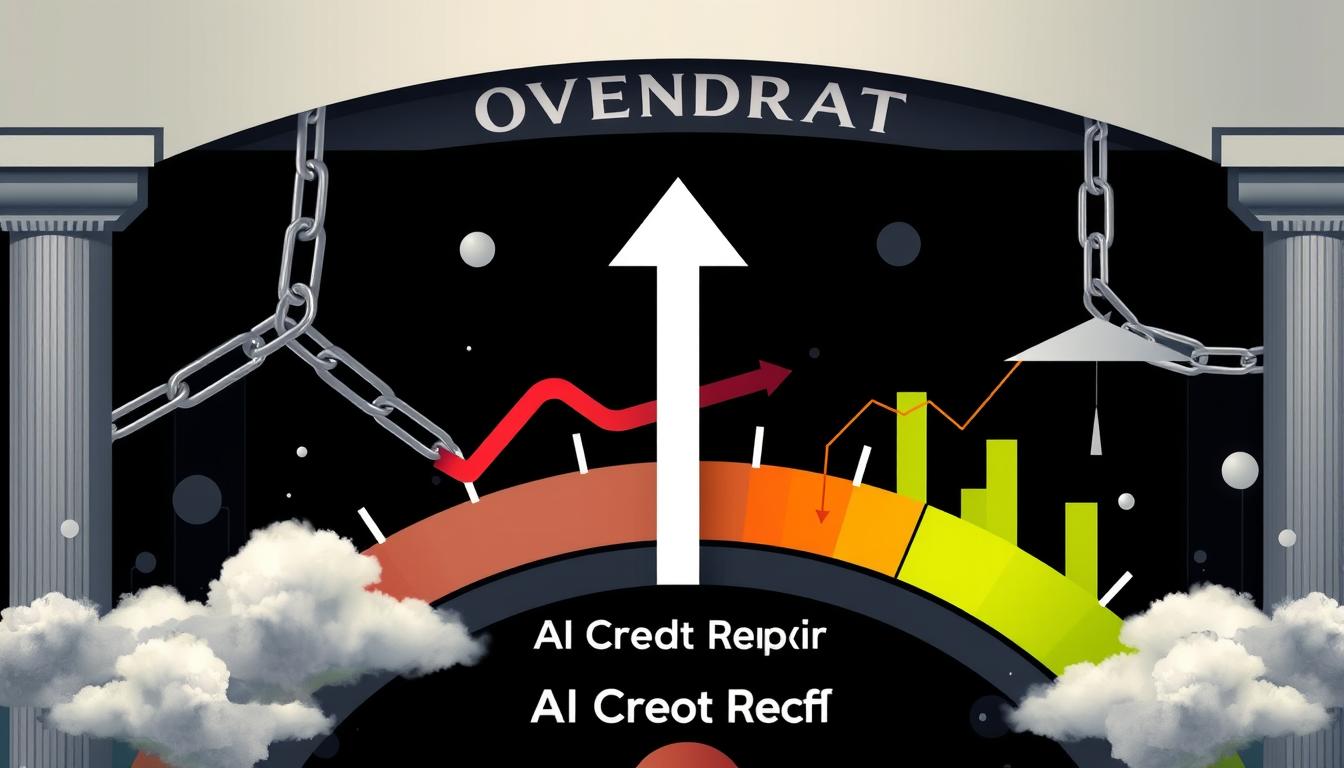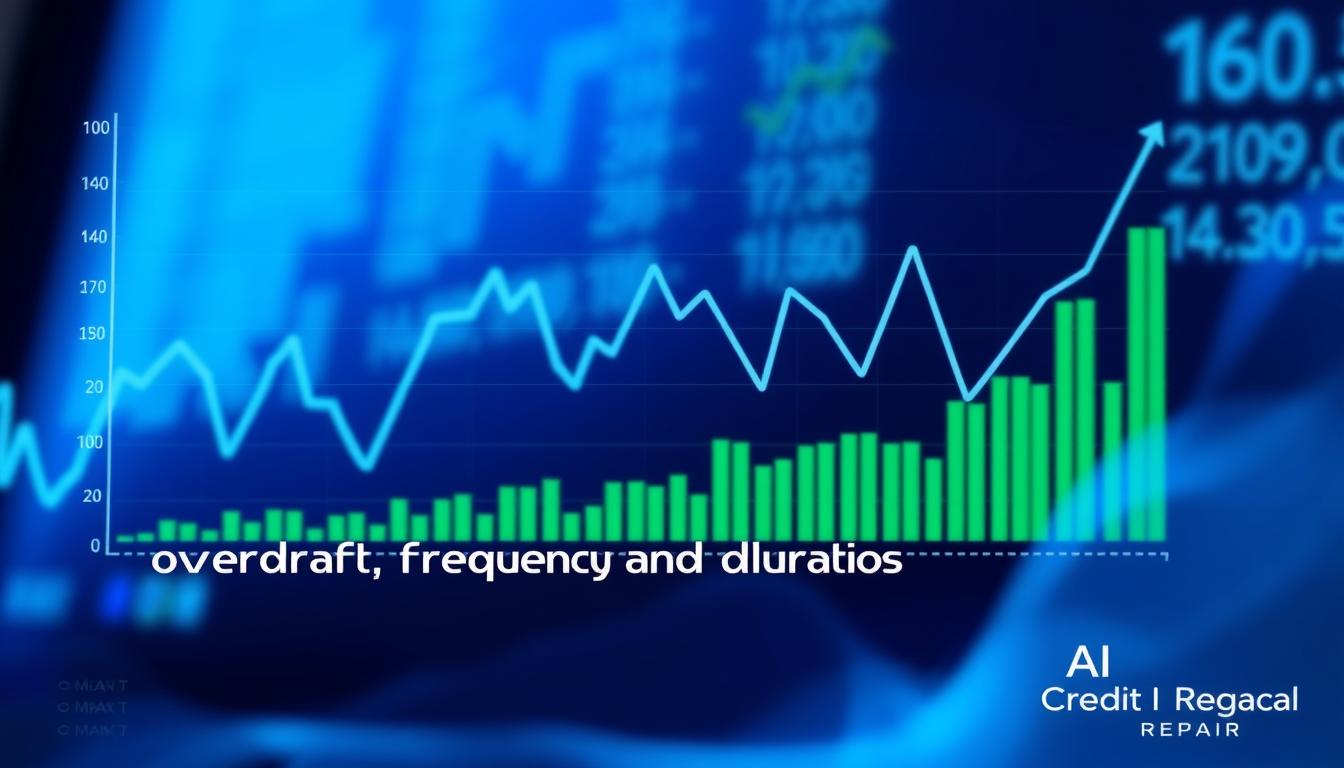Overdrafts can impact your credit score in various ways. They may lower your score through reported fees and penalties. Frequent overdrafts can suggest financial instability, which credit agencies might see as risky.
This can affect how they evaluate your creditworthiness. It’s crucial to manage your account carefully to avoid these negative consequences.
Key Takeaways
- Overdrafts can directly impact your credit score through the reporting of fees and penalties to credit bureaus.
- Frequent or prolonged overdrafts can indirectly affect your credit score by indicating financial instability.
- The frequency and duration of overdrafts are important factors in determining the extent of their impact on your credit score.
- Overdraft protection plans and monitoring your account balance can help you avoid overdraft issues and protect your credit.
- Paying off outstanding overdraft balances and disputing any inaccurate information on your credit report can help you rebuild your credit after overdraft problems.
Understanding Overdrafts and Credit Scores
Personal finance can be tricky, especially when it comes to overdrafts and credit scores. Let’s explore these concepts and their impact on your financial health.
What is an Overdraft?
An overdraft happens when you spend more money than you have in your account. Your bank may cover the difference, but they’ll charge you fees.
Overdrafts can help with short-term cash flow issues. However, use them wisely to avoid potential problems.
The Importance of Credit Scores
Your credit score shows how trustworthy you are with money. It’s based on your history of borrowing and repaying debts.
Lenders, landlords, and employers may check your credit score. They use it to decide on loans, rentals, or job offers.
A good credit score helps you get better interest rates and access to credit. It’s key to building a strong financial foundation.
Knowing how overdrafts affect credit scores is crucial. It helps you make smart money choices and protect your financial future.
“Your credit score is the gatekeeper to your financial future. It’s important to understand how your actions, like using an overdraft, can impact this crucial number.”

Does an Overdraft Affect Your Credit Score?
An overdraft can impact your credit score, but the effect varies. Several factors determine how much it influences your financial standing. Understanding this relationship is key to maintaining good credit.
Overdrafts can harm your credit score in a few ways. They may be reported as debt, increasing your debt-to-credit ratio. If left unpaid, they can be marked as delinquent payments.
The impact’s severity depends on the frequency and duration of the overdraft. A one-time, short-term overdraft may have little effect. Repeated or long-lasting overdrafts can significantly lower your credit score.
Your overall credit history and financial factors also play a role. Those with strong credit and low debt may experience less impact. People with weaker credit profiles might see a bigger drop.
| Factors Affecting Overdraft Impact on Credit Score | Impact Level |
|---|---|
| Frequency of Overdrafts | Higher frequency = Greater impact |
| Duration of Overdrafts | Longer duration = Greater impact |
| Overall Credit History | Stronger history = Smaller impact |
| Debt-to-Credit Ratio | Higher ratio = Greater impact |
Overdrafts can negatively affect your credit score, but the impact varies. By understanding these factors, you can better manage your finances. This helps minimize potential harm and maintain good financial health.

How Overdrafts Can Indirectly Impact Your Credit
Overdrafts can hurt your credit, even if not directly. They can lead to missed payments and account closures. These issues can severely damage your creditworthiness over time.
Missed Payments and Delinquencies
Overdrawing your account may make it hard to pay bills on time. This can result in missed payments reported as delinquencies. These marks can stay on your credit report for seven years.
Such delinquencies negatively affect your indirect credit score impact from overdraft. They can make it harder to get loans or credit in the future.
Account Closures and Negative Remarks
Banks may close your account due to excessive overdraft fees or unpaid amounts. These account closures from overdraft appear as negative remarks on your credit report.
Such closures further reduce your missed payments from overdraft and overall creditworthiness. They can make it challenging to open new accounts or get credit.
“Overdrafts can have a lasting impact on your credit, even if the direct effect is minimal. It’s crucial to manage your accounts carefully to avoid these indirect consequences.”

Understanding these indirect effects helps you protect your credit. Manage your accounts carefully to avoid overdraft issues. Consider overdraft protection to maintain a healthy credit profile.
Factors That Determine Credit Score Impact
Overdraft frequency and duration significantly affect your credit score. More frequent and longer overdrafts can have a bigger impact. It’s crucial to understand these factors to protect your credit.
Frequency and Duration of Overdrafts
Frequent overdrafts suggest poor account management, which lenders view negatively. The longer an overdraft remains unresolved, the more it can harm your credit score.
Multiple overdrafts in a short time can indicate financial instability. This can lead to a substantial credit score reduction.
- Frequent overdrafts: Multiple overdraft incidents over a short period can indicate financial instability and lead to a more substantial credit score reduction.
- Prolonged overdrafts: An overdraft that persists for an extended period, even if it’s a one-time occurrence, can also have a significant negative impact on your credit score.
The impact on your credit score depends on the scoring model used. It also considers your overall credit history. Minimizing overdrafts is key to protecting your credit score.

| Overdraft Characteristics | Impact on Credit Score |
|---|---|
| Frequent Overdrafts | Significant Negative Impact |
| Prolonged Overdrafts | Substantial Negative Impact |
| Rare, Short-Term Overdrafts | Minimal Negative Impact |
Understanding these factors helps you manage your finances better. You can take steps to protect your credit profile and maintain a healthy financial status.
Preventing Overdrafts and Protecting Your Credit
Overdrafts can hurt your credit score. Taking steps to prevent them is important. Using overdraft protection plans and watching your account balances can help.
Overdraft Protection Plans
Overdraft protection plans can stop overdrafts and protect your credit. These plans link your checking account to another account. They cover shortfalls to avoid fees and credit report problems.
These plans can save you from costly overdraft fees. Fees often range from $20 to $35 each time. By preventing overdrafts, your credit score stays safe from missed payments.
Many banks offer these plans. Ask your bank about their options.
- Overdraft protection plans can help you avoid costly overdraft fees, which can range from $20 to $35 per incident.
- By preventing overdrafts, these plans can protect your credit score from the adverse effects of missed payments or delinquencies.
- Many banks and financial institutions offer overdraft protection plans, so be sure to inquire about the options available to you.
Monitoring Your Account Balances
Checking your account balances often helps prevent overdrafts. Knowing your funds helps you spend wisely. This can stop you from overdrawing by mistake.
Set up alerts for real-time updates on your balance. Check your account often through online banking or apps. This keeps you aware of your money situation.
Try linking your account to a budgeting app. It can help track spending and avoid overdrafts.
- Set up alerts and notifications to receive real-time updates on your account balance and any pending transactions.
- Review your account activity frequently, either through online banking or mobile apps, to ensure you have a clear understanding of your financial situation.
- Consider linking your checking account to a budgeting app or personal finance software to help you track your spending and avoid overdrafts.
Preventing overdrafts protects your credit. Use these strategies to keep your finances healthy. Avoid long-term problems from overdraft-related credit issues.
How Does Overdraft Affect Credit Score?
Overdrafts can hurt your credit score in several ways. Understanding these effects is key to keeping your finances healthy. Let’s explore how overdrafts impact your creditworthiness.
Banks may report overdrafts to credit bureaus. This information can lower your credit score. As a result, getting loans or credit cards in the future may become harder.
Overdrafts can indirectly affect your credit score too. They might cause missed payments on other accounts. This can negatively impact your credit profile.
Exceeding your credit limit due to overdrafts is another concern. It can harm your credit standing. Account closures triggered by overdrafts also damage your credit history.
| Overdraft Impact | Direct Effect | Indirect Effect |
|---|---|---|
| Reporting to Credit Bureaus | ✓ | |
| Missed or Late Payments | ✓ | |
| Exceeding Credit Limit | ✓ | |
| Account Closures | ✓ |
To protect your credit score, be proactive with your finances. Set up overdraft protection plans. Keep a close eye on your account balances.
Take steps to avoid overdrafts altogether. This will help maintain a strong credit profile.
Short-Term and Long-Term Effects on Credit
Overdrafts can hurt your credit score quickly and for years to come. Knowing these effects helps you manage money better and keep your credit healthy.
Short-Term Effects of Overdraft on Credit
An overdraft can quickly lower your credit score. It shows lenders you might struggle with money. This can cause problems.
Your credit usage may go up. This is a key part of your credit score. You might miss payments, which hurts your score directly.
Bank fees can make money tight. These short-term effects can make getting good loans harder soon.
Long-Term Effects of Overdraft on Credit
Long-term overdraft effects can be worse. Not paying back overdrawn amounts can lead to serious issues.
- Increased utilization of your available credit, which is a key factor in determining your credit score
- Late or missed payments, which can directly lower your score
- Fees and penalties from your bank, further straining your financial situation
These short-term effects can have a swift and noticeable impact on your credit score, making it more challenging to secure favorable interest rates or loan approvals in the near future.
- Account closures, which can significantly damage your credit history and overall creditworthiness
- Delinquencies or charge-offs on your credit report, which can remain for up to 7 years
- Difficulty obtaining credit, such as loans or credit cards, in the future
These long-term effects can harm your future finances. They make it hard to get loans or credit cards. Dealing with overdrafts early is key.
Fixing overdraft issues helps avoid long-term effects of overdraft on credit. This can protect your financial future.
“Overdrafts can have a significant impact on your credit score, both in the short-term and long-term. It’s essential to stay on top of your account balance and utilize overdraft protection to avoid these potentially damaging consequences.”
| Short-Term Effects | Long-Term Effects |
|---|---|
| Increased credit utilization | Account closures |
| Late or missed payments | Delinquencies or charge-offs |
| Bank fees and penalties | Difficulty obtaining future credit |
Rebuilding Credit After Overdraft Issues
Overdraft-related credit score challenges can be tough. But you can rebuild your credit with a proactive approach. Focus on paying off balances and fixing inaccurate credit report information.
Paying Off Outstanding Balances
Prioritize paying off overdraft-related debts to rebuild your credit. This shows your commitment to financial responsibility. Clearing these balances improves your credit utilization ratio, a key factor in credit scores.
Disputing Inaccurate Information
Review your credit report for errors in your overdraft history. Look for incorrect overdraft amounts or missed payments. Dispute any inaccuracies with the credit bureaus.
Provide supporting documents to back up your claims. This ensures your credit report accurately reflects your financial history. Accurate information supports your credit rebuilding efforts.

